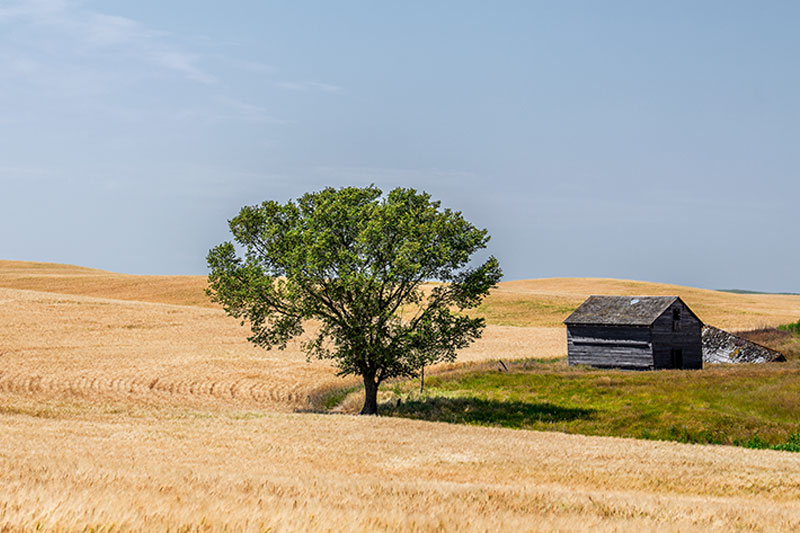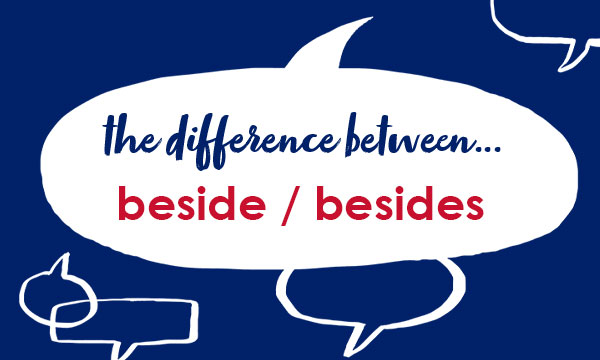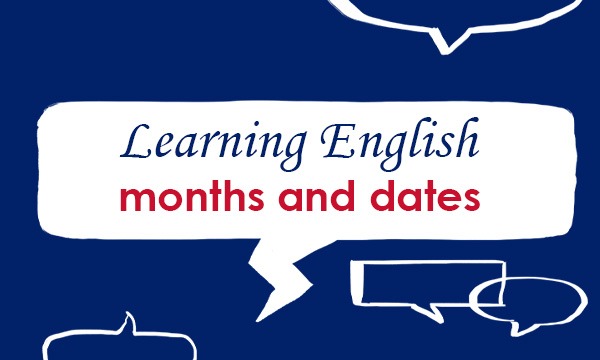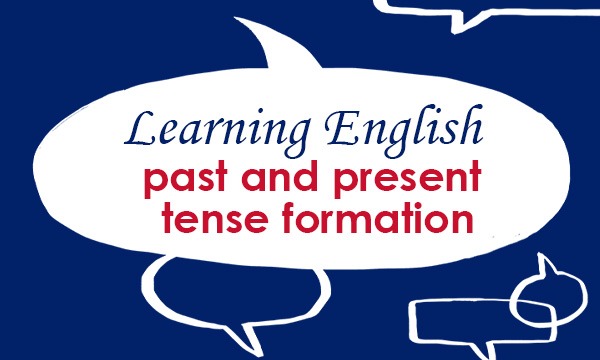This week we are looking at two words which may be confused by learners of English: beside and besides.
beside
function playAudio(url) { new Audio(url).play(); }
If one thing is beside another, it is next to it or at the side of it.
Beside the shed was a huge tree.
I sat down beside my wife.
besides
function playAudio(url) { new Audio(url).play(); }
Besides is used as a preposition to mean `in addition to’ or `as well as’.
And besides making vitamin D, sunshine also helps to lower blood pressure.
There was only one person besides Jacques who knew Lorraine.
You can also use besides to introduce a clause beginning with an -ing form.
He writes novels and poems, besides working as a journalist.
Besides being good company, he was always ready to try anything.
Be careful! You must use an -ing form in sentences like these. Don’t say, for example, ‘He writes novels and poems besides he works as a journalist’.
In addition, you can use besides as an adverb when you are making an additional point or giving an additional reason that you think is important.
I’ll only be gone for five days, and besides, you’ll have fun while I’m away.
The house was too big. Besides, we couldn’t afford it.
Find out more in our English Usage article.
This blogpost is based on Collins COBUILD English Usage, written for learners of English. For more examples of English usage points, please visit: https://grammar.collinsdictionary.com/english-usage.
All opinions expressed on this blog are those of the individual writers, and do not necessarily reflect the opinions or policies of Collins, or its parent company, HarperCollins.



